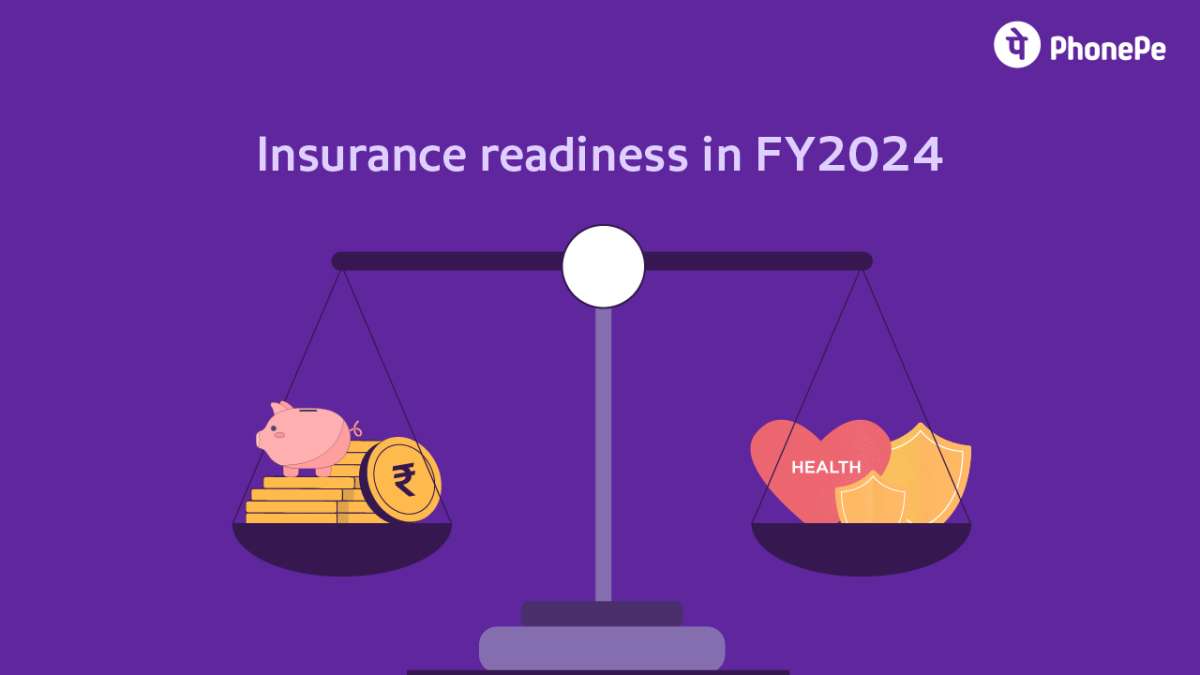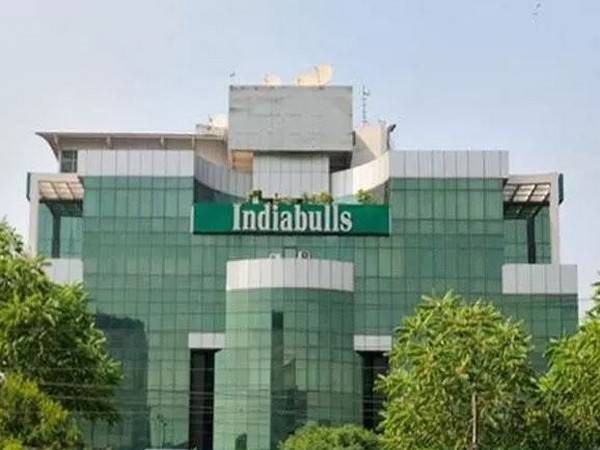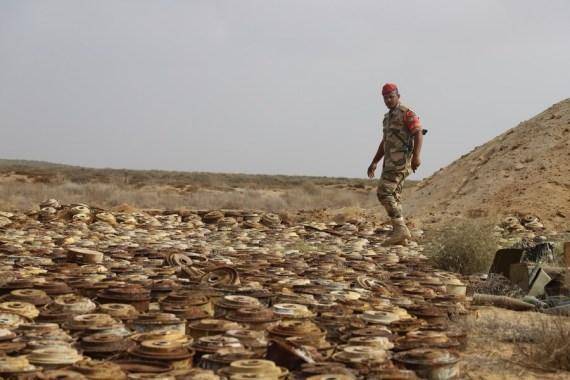During volatile times, especially while living abroad i.e. away from your home country, it makes sense to ensure that you safeguard yourself and your loved ones when your circumstances change for the worse. A term life policy with global coverage and add on riders like the accidental cover, critical illness cover and disability insurance is considered a must-have shield … Asian Lite’s Iqbal Azeez meets Neeraj Gupta, CEO, Policybazaar.ae, a leading online insurance aggregator in the UAE.
- How the pandemic changed personal finance of the Indian expat population in the Middle East?
The Covid-19 pandemic has been a catalyst in changing people’s attitudes towards money. The spending and purchasing habits of the Indian expats had changed due to the pandemic outbreak. Expats are now prioritizing needs over wants. They are shopping only for the essential goods and services that too when there are offers and discounts available in the market. Thus, the pandemic was like a wake-up call for them to save and invest money for future contingencies.
- What is your advise to the Indian expatriates in the Gulf and other parts of the world?
Indian expatriates are always on the lookout for financial schemes/or investments that help them to provide a safety net and ensure their family’s future financial needs are met. Thus, buying a term insurance policy provides a supporting wall until the expat’s dependents can stand on their feet financially. The sum insured of this is the amount your family/nominee will receive in case of any unfortunate incident such as death, disability, or critical illness. Make sure the sum insured is significant enough for your family to live a stress-free and financially independent life after factoring in inflation. Also, one should choose the maximum available policy period as doing this will ensure a relatively lower premium too.

Secondly, buying an individual health insurance plan can help expats reap the benefits of extensive coverage options and save them from the burden of paying exorbitant medical bills for treatment at private hospitals.
- What is your take on the Insurance sector in the UAE?
The life insurance penetration in the UAE is currently at 0.5 per cent, this is likely to grow as Covid-19 has increased the awareness of financial and health risks among consumers. This has resulted in increased demand for life insurance and related products such as individual health covers, critical illness covers etc. Despite the increase in demand, Covid-19 has significantly impacted distribution capabilities on the intermediated side of the industry, which relies on physical contact – an obviously unworkable model during the past several months. As a result, the pandemic has ushered in a renewed focus on the ability to reach consumers directly via digital means.
- How the pandemic affected the Sector?
The insurance sector is hard hit by the outbreak of the pandemic. The first and foremost concern that arose immediately out of the COVID-19 outbreak was the continuity of business operations along with employees and partners protection. The insurance market in UAE has approximately lost 48% of its market share (as per KPMG international report) since the outbreak began, car and home insurance being the most affected line of business. While health and life insurance witnessed a slow fall in numbers. As the insurance providers are struggling with shrinking market shares and profit levels there is a very high probability that the payable premiums will be increased in the next year to cover the losses incurred.
- How robust is Indian insurance sector?
The insurance industry in India has seen major growth in the last decade along with an introduction of a huge number of advanced products. This has led to tough competition with a positive and healthy outcome. India’s insurance penetration was pegged at 4.2% in FY21, with life insurance penetration at 3.2% and non-life insurance penetration at 1.0%. In terms of insurance density, India’s overall density stood at US$ 78 in FY21 (INDIAN INSURANCE INDUSTRY REPORT , NOVEMBER, 2021).
Also, the insurance sector plays a dynamic role in the wellbeing of India’s economy. It substantially increases the opportunities for savings amongst the individuals, safeguarding their future and helping the insurance sector to form a massive pool of funds.
- What are trends and demands for insurance sector?
Throughout 2022 and the years to come, we expect the insurance industry to undergo a digital transformation. As customer expectations change, insurers will have to adapt their business model to meet new demands. Insurers focusing on delivering customer-centric products and services will succeed. Similarly, data-driven insurance, marketing and sales will be the next elements of insurance to be automated. Data-driven marketing is improving insurance, showing insurers where the gaps in the market lie. By paying attention to which products customers are demanding more, insurers can spend more time innovating new products and, crucially, marketing those products to the right audience. Artificial Intelligence (AI) too will spread wider throughout the industry as more insurers gain confidence with this new technology.
- What steps an expat should take to protect his family and himself in this time of uncertainty?
During volatile times, especially while living abroad i.e. away from your home country, it makes sense to ensure that you safeguard yourself and your loved ones when your circumstances change for the worse. A term life policy with global coverage and add on riders like the accidental cover, critical illness cover and disability insurance is considered a must-have shield. Secondly, all expats must build an emergency fund with their salary. One might have a job now, but who knows what might happen in the near future. The emergency fund should be saved in an easy-to-access account, such as a bank account or high-yield savings account to help during unprecedented times.
- Your advise to the expat communities in the UAE
It’s advised that using the private system, expats must buy individual health insurance policies in the UAE to save themselves from the burden of exorbitant healthcare costs. Also, they must reduce their credit card debts. Keeping a frequent check of their credit score would help them to monitor their financial actions. Having a low credit score can lead to imposing higher interest rates, more expensive insurance, and other financial issues like a rejection of a loan or new credit card application. Also, expats must invest their money to generate a passive income via making investments in blue-chip equity stocks, monthly income plans, pension plans, gold bonds and fixed-income investments.











